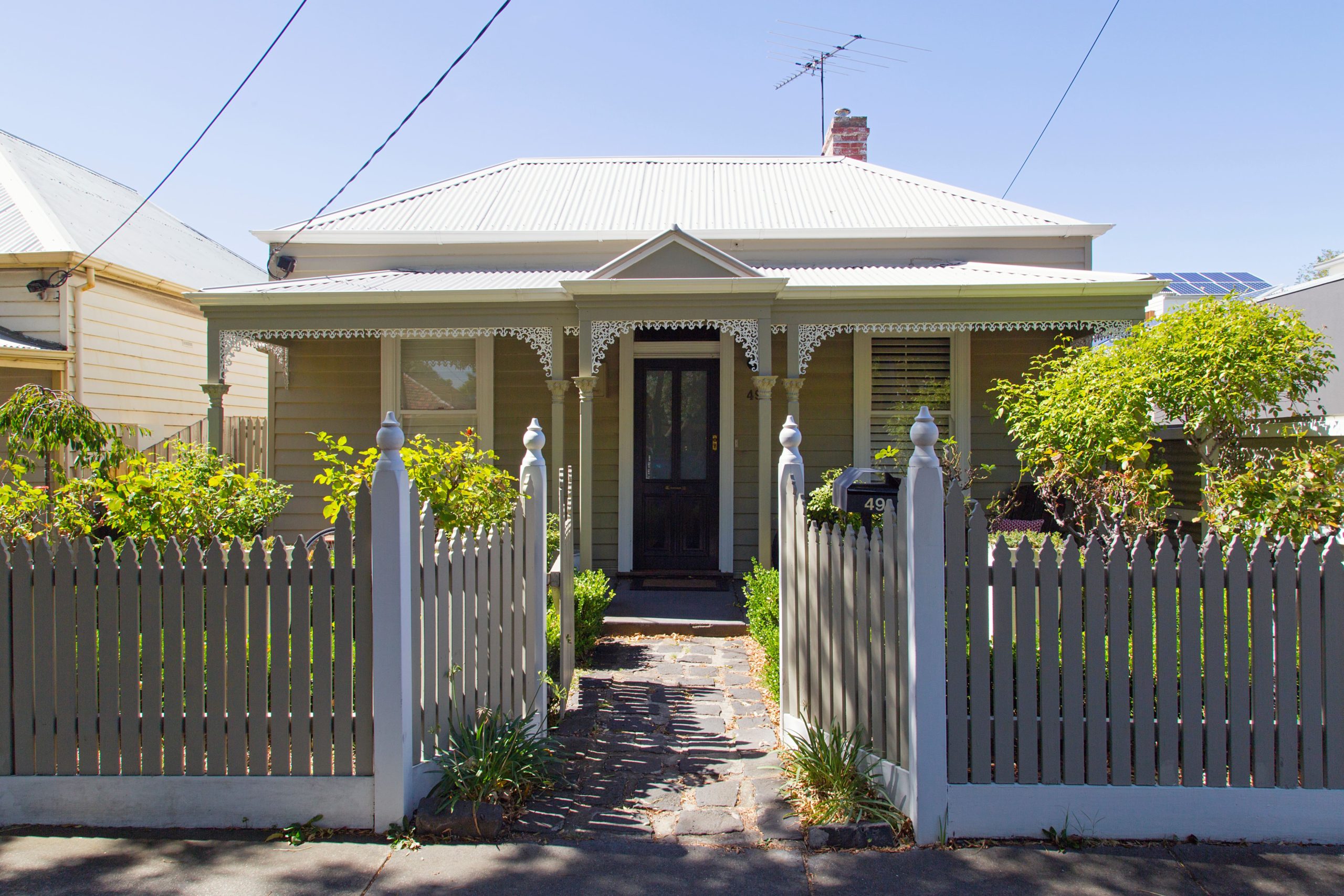Property can be a terrific low-risk investment that pays off generously, but like any other investment, there will come a moment when you wish to go with the sell my property online option due to some circumstances.
If you’re thinking of selling your investment property but want to learn more about the process first, this guide will teach you all you need to know.
Choosing the Right Time to Sell Your Investment Property
While each investment property is unique, and there is no hard-and-fast rule for when to sell, in general, the longer you keep an investment property, the higher the capital growth and the bigger the financial return.
In most cases, you’ll need to own the property for at least five years to repay the costs of buying and selling it, but you’ll want to own it for at least ten years to get a reasonable return on your investment.
While keeping your investment property for as long as possible is usually the best approach, there are times when it makes sense to sell sooner rather than later. The following are some reasons why selling can be the best option:
You’re retired, and income from an investment property is considered income by Centrelink, which could limit your age pension entitlements.
You want to free up capital for other purposes — you might want to invest in higher-yielding investments, or you might want to spend the money for things like travel, buying a boat or RV, paying for a wedding, or helping out the kids.
The property is in poor condition — Poor capital growth on a negatively geared property or trouble finding qualified tenants may indicate that divesting rather than holding the property is the better option.
When selling an investment property, do you have to pay taxes?
Property investments can be a terrific way to take advantage of substantial tax benefits, but the opposite is true when it comes to selling. In most circumstances, you’ll have to pay Capital Gains Tax (CGT), which is a tax on gains made from the sale of an asset like a house.
The capital gain (or loss) must be recorded on your annual income tax return, and any gains will be considered taxable income.
If you are not an Australian resident, you may be required to pay Capital Gains Withholding Tax for tax purposes.
While most sellers will be required to pay CGT, there are a few circumstances in which you may be able to avoid or obtain a CGT rebate.
To avoid capital gains, how long must you live in an investment property?
Living in your investment property for a short amount of time before selling may appear to be a good idea, but it’s vital to first understand the restrictions, which can be confusing.
To qualify for a CGT discount, you must have owned and resided in the property for at least two of the five years before selling it, and you must not have claimed a CGT exemption on another property within the previous two years.
The property must have been your primary residence before you rented it out, and it must have been rented out for less than six years to qualify for a full CGT exemption.
Before you decide to sell, get personalized financial counsel to ensure your eligibility for a CGT exemption or reduction.
What to Do If You Have a Tenanted Investment Property?
One of the most significant differences between selling an investment property and selling your home residence is that the investment property may be rented by tenants.
A rented property may appeal to other investors, but it can also work against you. Tenants may not present the home in the best light, lowering the sale price, and a property with an ongoing lease agreement may deter owner-occupier buyers who want to move in immediately.
Best place to sell your property online
The only platform that allows homeowners to sell their homes as-is to the greatest network of investors and purchasers’ agents is Off Market Offer. The property owner does not pay any commissions or selling costs.
It is the purpose of Off Market Offer to empower house sellers and allow them to make the best financial option for themselves at no expense.
To grab some great offers contact us!

